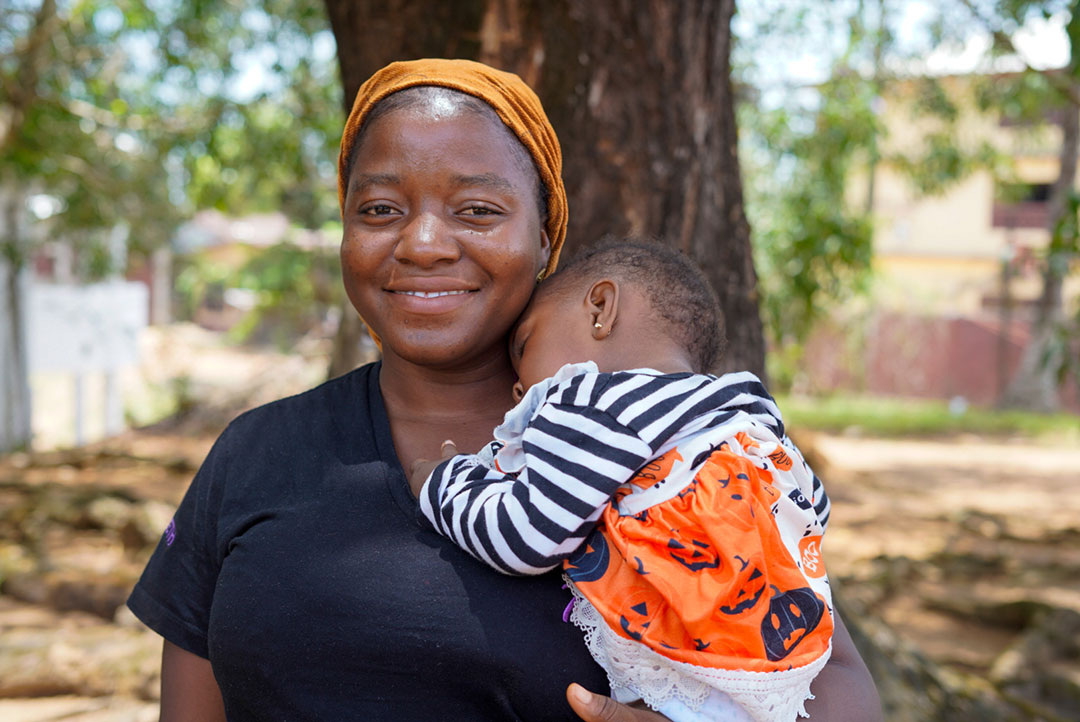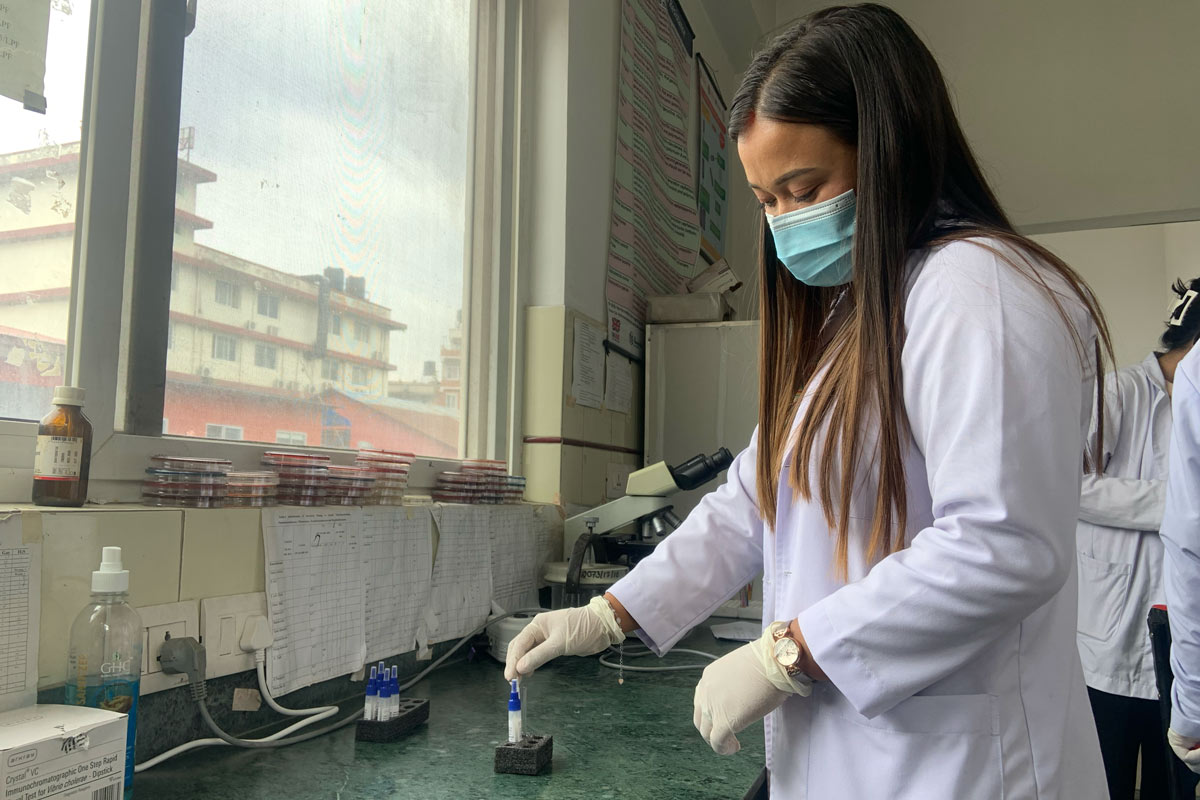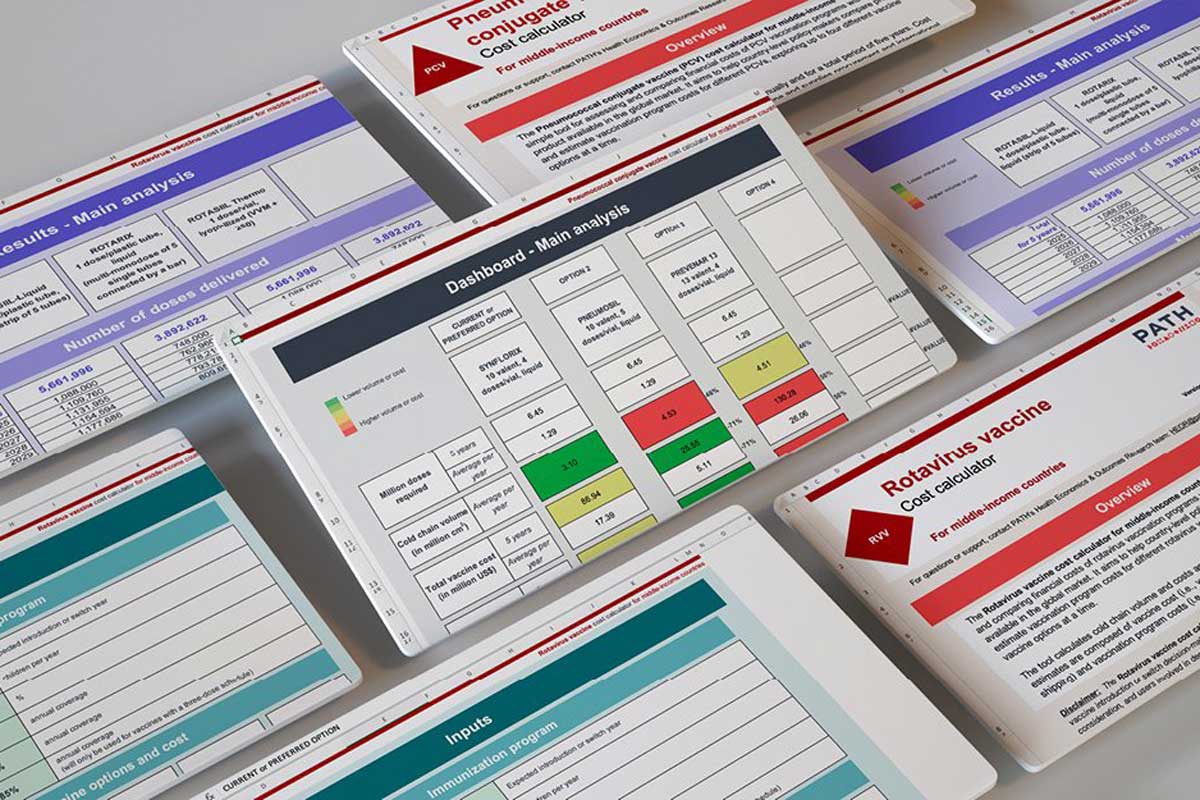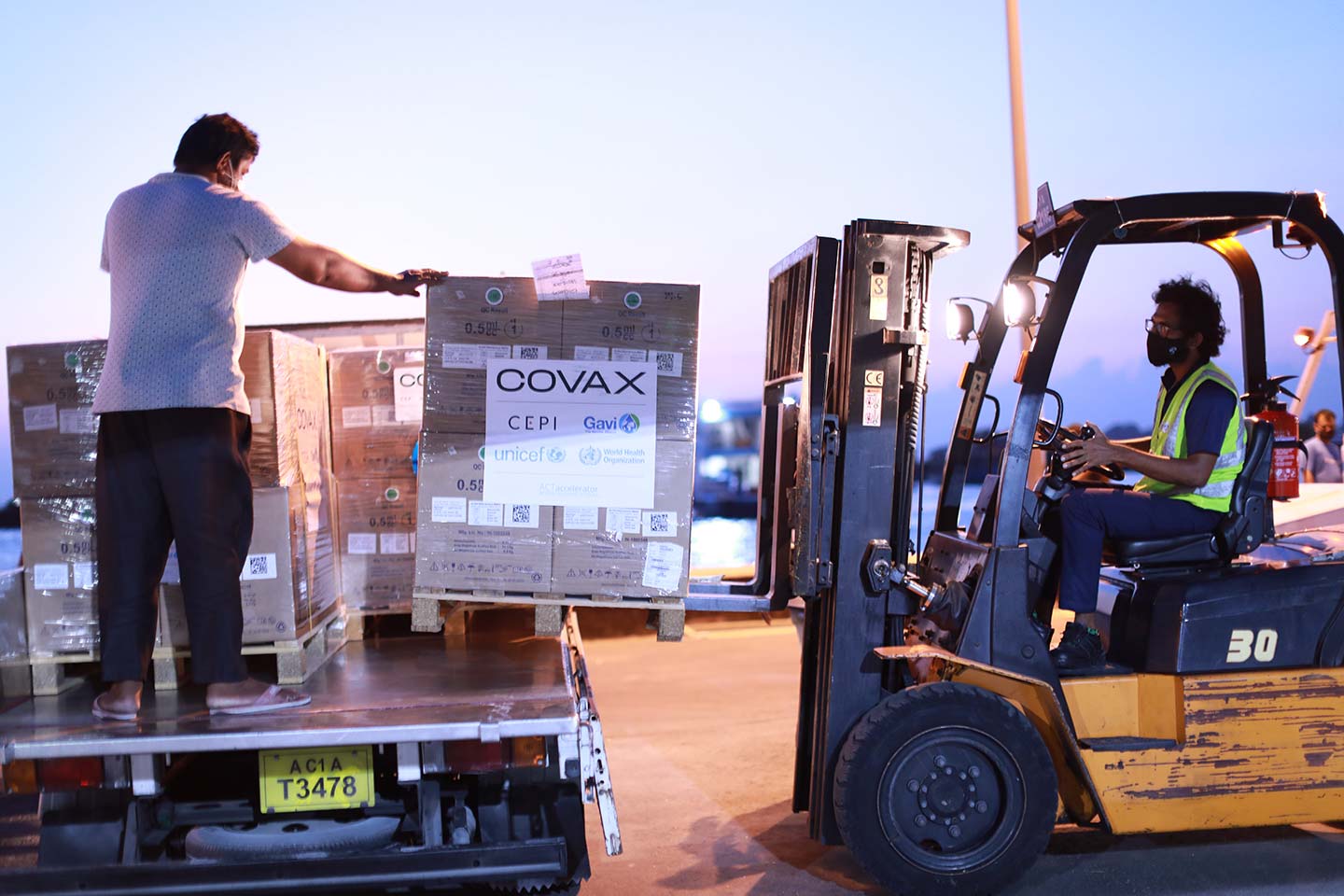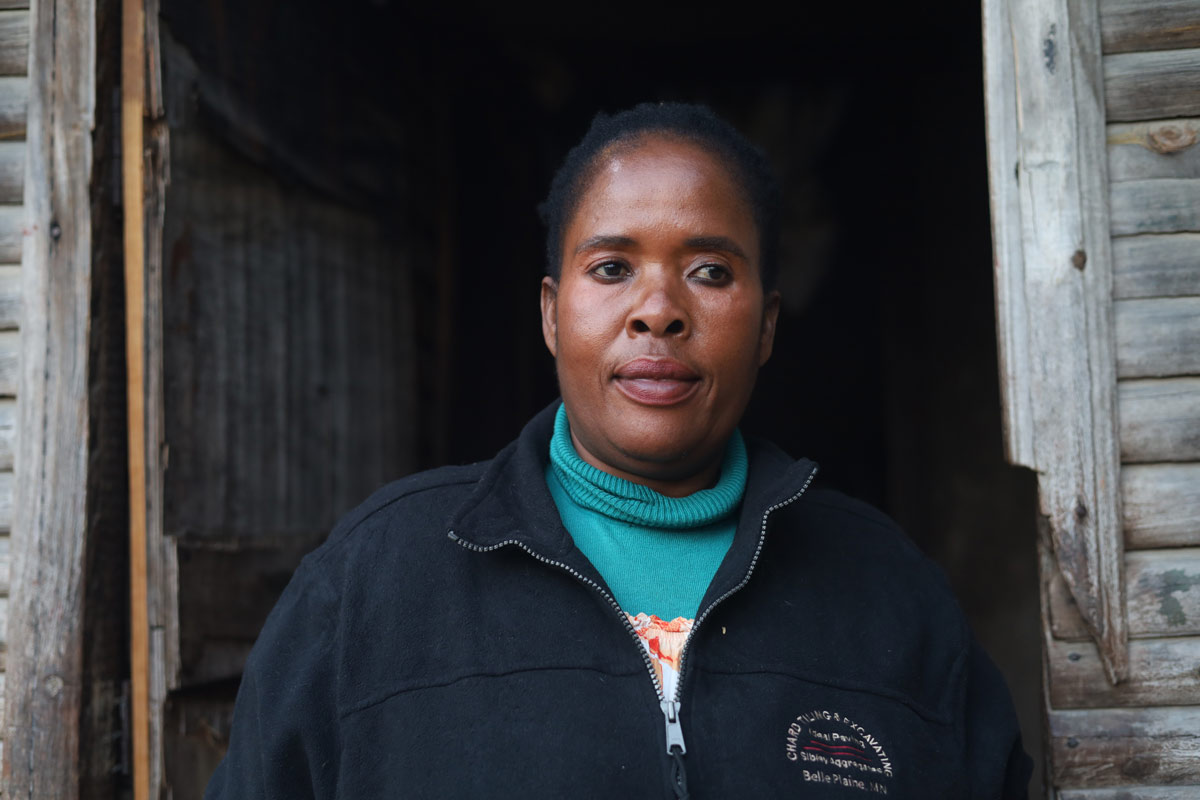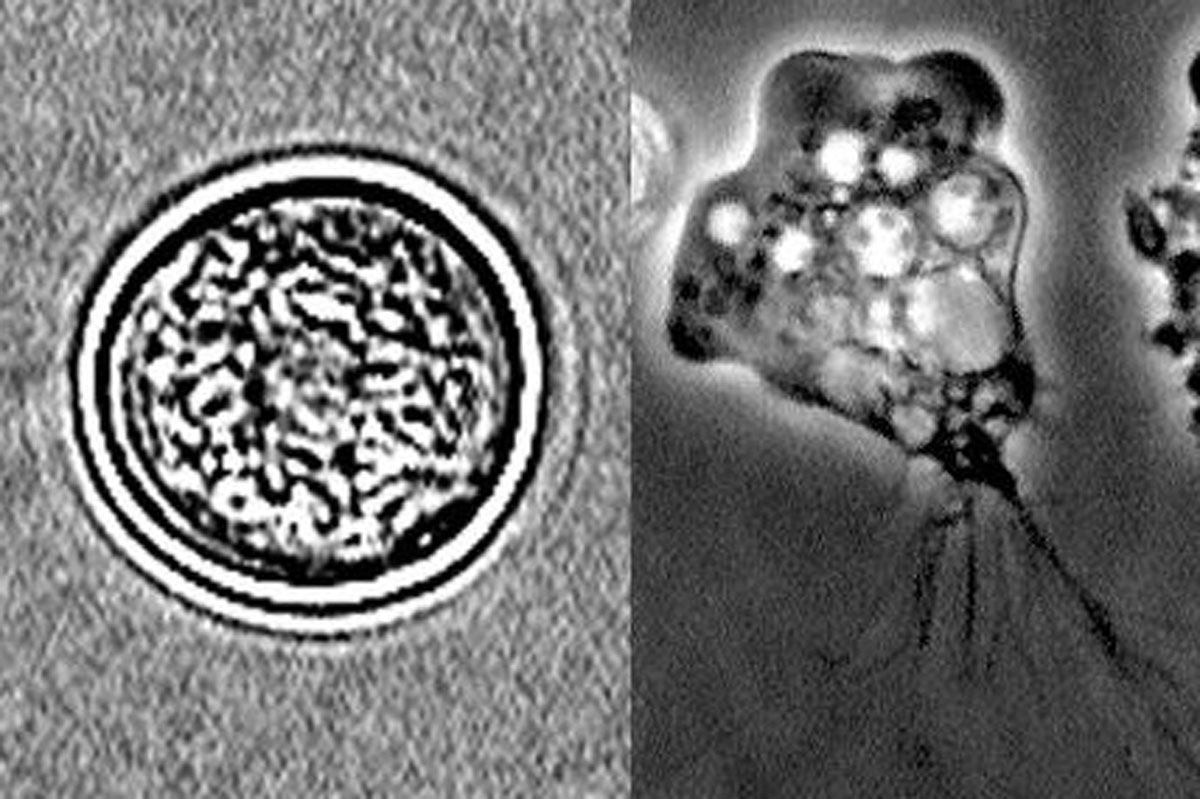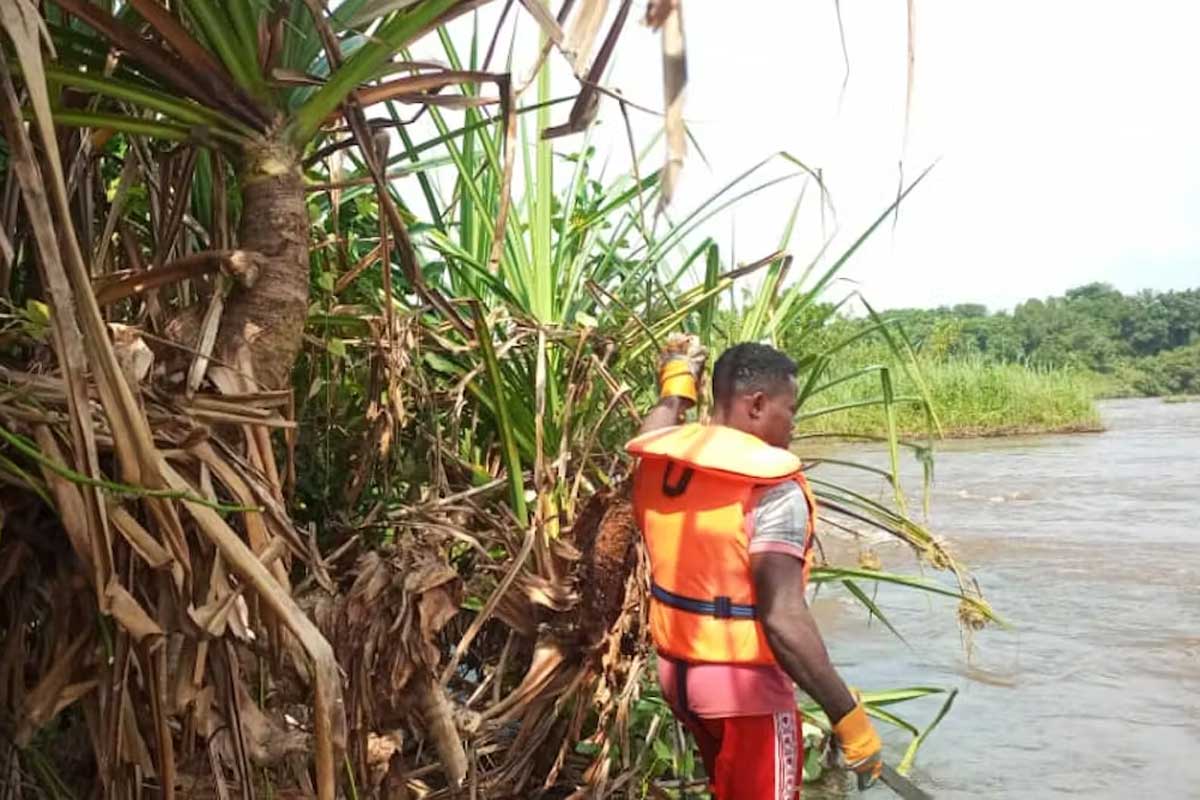When a COVID-19 vaccine is available, how will we pay for it?
When a COVID-19 vaccine is available, how will we pay for it?
- 24 March 2020
- 3 min read
- by Jeff Weintraub
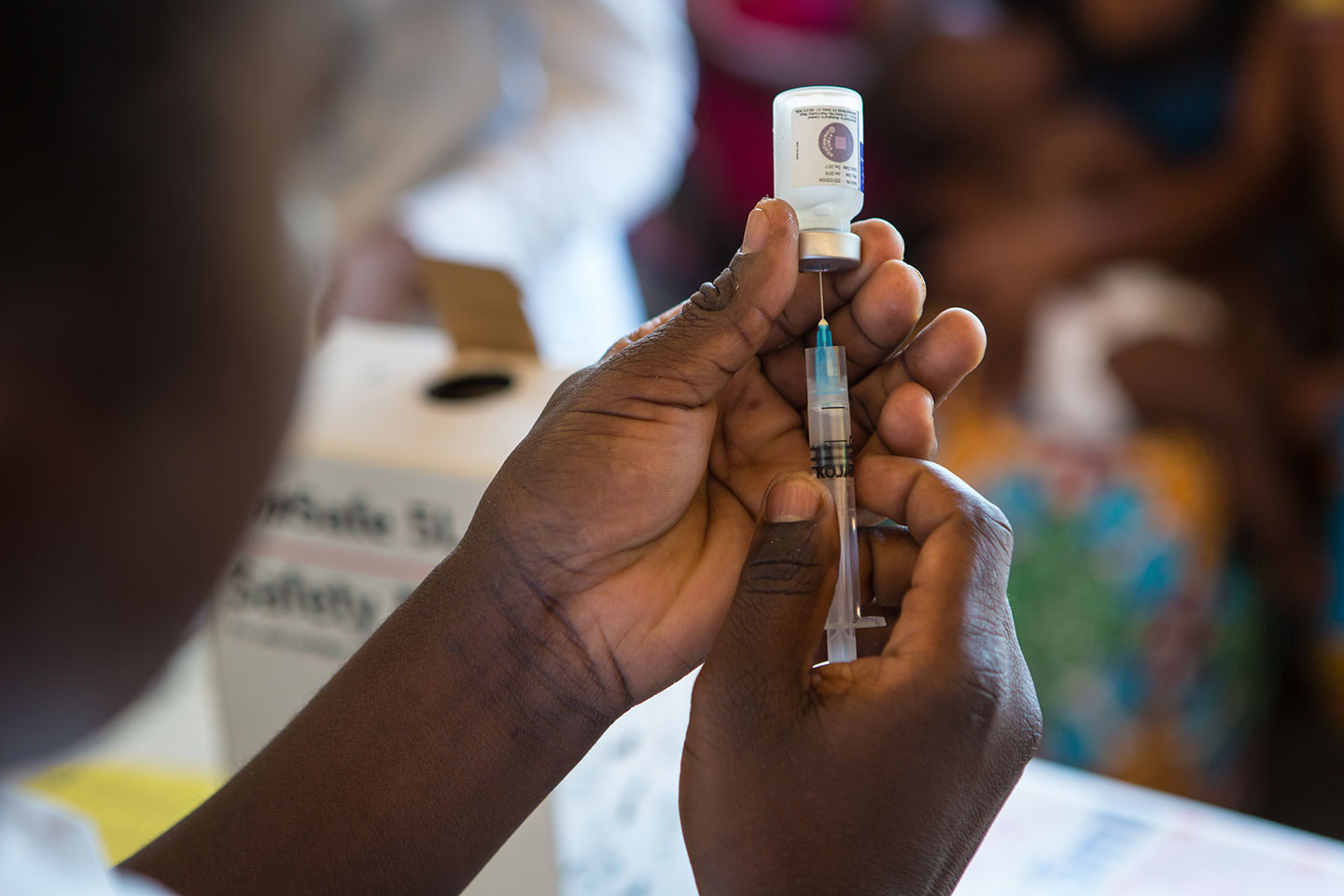
In the race to produce a safe and effective vaccine against the COVID-19 virus, one of the many challenges will be the cost of developing the vaccine and eventually getting it to the vast number of people worldwide who will need it.
It’s too soon to know precisely what that price tag will be. But there’s little doubt that the financial burden will swamp the collective capacity of the world’s governments, which are already mobilising unprecedented levels of funding to fight the outbreak domestically and keep their devastated economies from collapse.
Clinical trials, which can cost tens of millions of dollars to conduct regardless of the outcome, are now underway for at least a few of the vaccine candidates, and there will be more. If novel technologies produce an effective vaccine, there will be a need for new facilities at a cost of at least a half a billion dollars each. And even if the price for each dose of the vaccine is relatively modest, the sheer scale of need will be immense, with a large proportion of the planet's population most likely requiring vaccination every year or so.
But what if those battered governments commit to paying for this essential, life-saving vaccine over many years? And, then, against those promised future payments, what if we ask private investors to lend enough cash right now to quell the crisis?
That’s essentially how a mechanism called the International Finance Facility for Immunisation, or IFFIm, works, and why it could very well be pressed into service by Gavi to ensure there is enough funding in the near term to produce and rapidly deploy the eventual COVID-19 vaccine or vaccines. With this tool, the world can provide critical funding not just when it’s available – which too often in emergencies like this is too late – but, more importantly, when it’s needed.
Here’s how it has worked so far: ten countries have committed to pay out more than US$ 6.5 billion to IFFIm over 10 to 23 years. Against those pledges, since 2006 IFFIm’s Vaccine Bonds have raised about US$ 6.1 billion from private sector investors around the world and provided US$ 2.6 billion of immediately available funding for Gavi. In several years, IFFIm then pays back those investors at a competitive rate of return.
That’s made it possible for Gavi to pay for pressing immunisation programmes such as vaccine campaigns and introductions, as well as for polio eradication, vaccine stockpiles and health system strengthening. And, in 2019, it issued a bond against a long-term commitment from the Norwegian Government to raise funding for the Coalition for Epidemic Preparedness and Innovation, or CEPI, which supports the creation of vaccines for a number of menacing infectious diseases, including now COVID-19.
IFFIm’s Vaccine Bonds have been enormously popular among investors for two primary reasons: they offer a competitive rate of return, and there is now a large and growing community of investors who are actively seeking ways to use their money to solve the world’s toughest social, environmental, economic and health challenges. Only with safe and effective vaccines can we stop the threat of COVID-19 that has so rapidly turned our world upside down. Efforts to produce them with what could be record-breaking speed will require enormous persistence, wisdom, good luck and, yes, resources. We need to use every available tool in our arsenal – and maybe a few new ones – to prevail. With IFFIm we already have one.
More from Jeff Weintraub
Recommended for you
